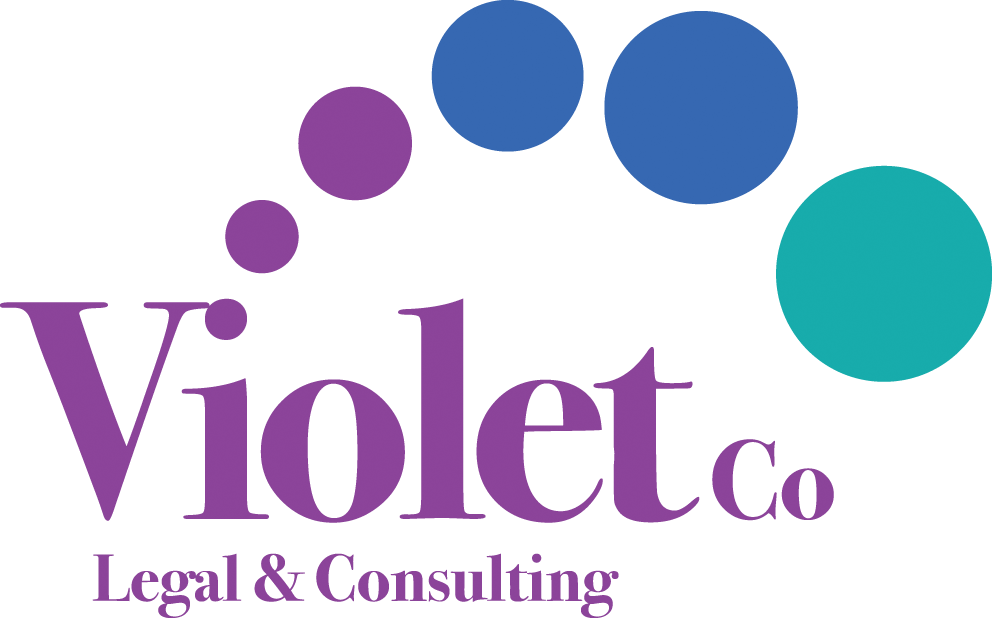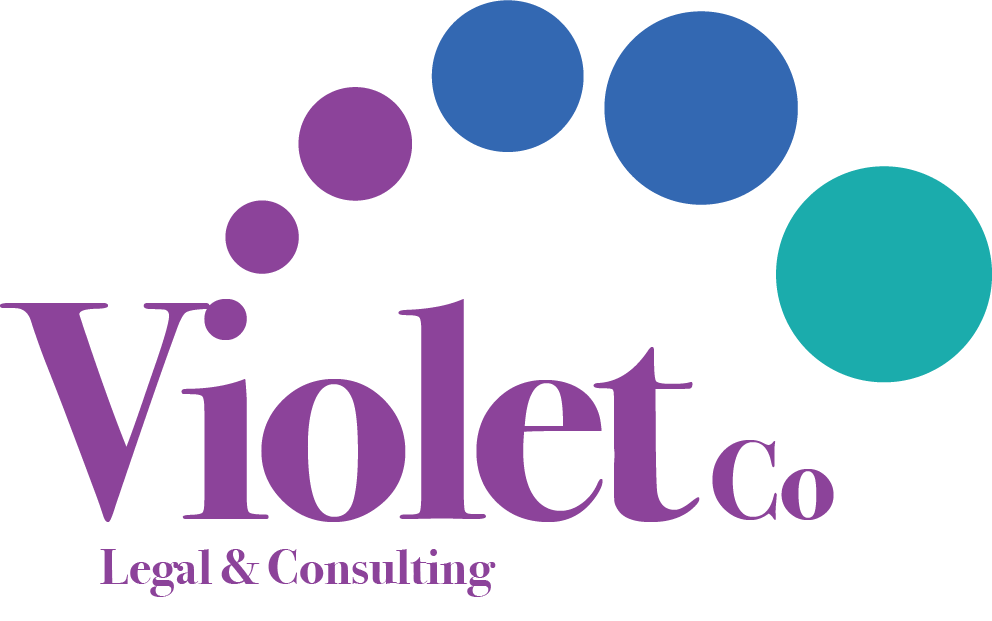Mediation: Preventing Sexual Harassment & workplace issues
At Violet Co Legal & Consulting we support organisations and complainants to work through instances of sexual harassment, discrimination, bullying, other gender or race-based issues and workplace relations issues.
Mediation resolves disputes. It can lead to positive change that drives organisational performance, retains talent and promotes a positive workplace culture.
Principal Solicitor Karen Iles is a Nationally Accredited Mediator and a mediator listed on the Law Society of NSW mediator panel. NMAS accreditation demonstrates that Mediator’s are part of a regulated profession that is concerned with consistency, credibility and quality, and with ensuring that participants are given the opportunity to engage mediation professionals who exhibit and uphold these values.
In a workplace setting Karen has experience supporting as a mediator, and/or as a legal representative, individuals, community-based First Nations organisations, multinational corporations, local government, not-for-profit organisations, private businesses, and Trade Unions.
Karen applies trauma-informed approaches to mediation coupled with subject matter expertise and experience in workplace law, anti-discrimination, industrial relations and Board governance issues.
What is Mediation?
Mediation is a process in which the participants, with the support of the mediator, identify issues, develop options, consider alternatives and make decisions about future actions and outcomes. The mediator acts as a third party to support participants to reach their own decision.
The mediator helps the parties clarify the disputed issues and identify possible options but does not impose a decision. It is not the mediator's function to give legal advice to the parties.
Mediators do not advise upon, evaluate or determine disputes. A mediator “holds space”, and with expertise in the subject area, can assist parties to a resolution. A mediator will assist in managing the process of dispute and conflict resolution whereby the participants agree upon the outcomes, when appropriate.
Mediation is useful when the parties are prepared to negotiate in good faith and work towards a mutually satisfying agreement. Our mediation works the parties to preserve relationships, or clarify understanding, be cost and time effective and produce self-determined outcomes owned by the parties.
Who is mediation for?
Organisations
From large businesses, universities, schools, not-for-profits to local community organisations, mediation is used where the preservation of relationships is important. Restoring trust and resolving the dispute is the goal.
Complaints in the workplace or organisation can be a marker for deeper systemic issues.
For example organisations, among other legal actions, are using instances of sexual harassment, discrimination and bullying as opportunities for future prevention. This is a great way to better understand your organisation, the risks and how to strengthen your organisations’ application of the Positive Duty to Prevent Workplace Sexual Harassment contained in the Respect@Work reforms.
Individuals
Violet Co creates a neutral buffer between the individual complainant and the organisation. Our mediators are trauma informed, cross-culturally competent and diverse.
We can help to restore confidence and trust between parties whilst getting to the heart of the issue.
The use of mediation: Trade Unions and employer disputes, workplace relations issues, and workplace negotiations (Enterprise Bargaining)
While the Fair Work Commission is the jurisdiction to resolve disputes - increasingly parties are using confidential mediation prior to engaging in the formal process of the Fair Work Commission.
Additionally, Unions and Employers have the opportunity to engage a mediator to “hold space” and facilitate agreements and ways forward in a proactive manner. For example the negotiation of Enterprise Bargaining Agreements, Restructuring and significant work health and safety consultations.
The use of mediation: Board governance issues
Boards with tricky governance issues, or difficult conversations / issues with a CEO and/or Executive Team, are turning to mediation to resolve these issues.
There is an increasing opportunity for organisations to use mediators as facilitators in strategic decision making processes, or to engage a mediator to “hold space” and facilitate agreements and ways forward in a proactive manner.
What is the process?
Typically, mediation follows the following process:
Step 1: Introduce the impartial mediator to the Organisation and the complainant to establish a safe space and create a mediation agreement.
Step 2: Intake assessment to understand the parties, the source of the dispute and context. Using a trauma informed approach we then recommend the next steps for mediation.
Step 3: Mediation is conducted in a neutral space - our offices, online, over the telephone or a blend of each. The parties then discuss the issues that have brought them to mediation. Parties will be supported to create an agenda for the mediation with each issue, options and solutions being discussed one at a time.
Step 4: Resolution and a documented agreement. If an agreement cannot be reached further mediations or referrals can be arranged.
However, depending on the issue and type of conflict, mediation may be varied to best suit the needs of the parties.
Law Society of NSW Mediator Panel
Contracts often list “a mediator appointed by the Law Society” in their dispute resolution clause. So how does this work?
The Law Society of NSW has a panel of available mediators. Karen Iles is one of these. To inquire about the program with the Law Society of NSW you can make contact via their website.
Upon the receipt of initial fees from both parties, The Law Society of New South Wales appoints a mediator, who is an independent and experienced solicitor.
The mediator arranges a preliminary conference at a time and location convenient for the parties. The parties, their solicitors and other advisors must attend the conference to sign the Agreement to Mediate, which defines the roles of all participants.
After all participants have signed the Agreement, the mediator will conduct the mediation session. This may be held straight after the preliminary conference or at another time.
During the mediation session, the mediator helps the parties identify the cause and nature of the dispute, explore options and negotiate a settlement. The mediator does not impose a solution or offer legal advice.
Where settlement is achieved at the conclusion of the mediation, the parties will be expected to give effect to their agreement in the best possible way. In most cases this will involve the parties giving consent or agreeing to be bound by terms of settlement and such agreements may be converted into Consent Orders.
Inquire about mediation with Violet Co
If you, or your organisation, is considering mediation and in need of assistance please contact our office to discuss how we can help you.
Email: office@violetco.com.au
Phone: 1300 846 538

